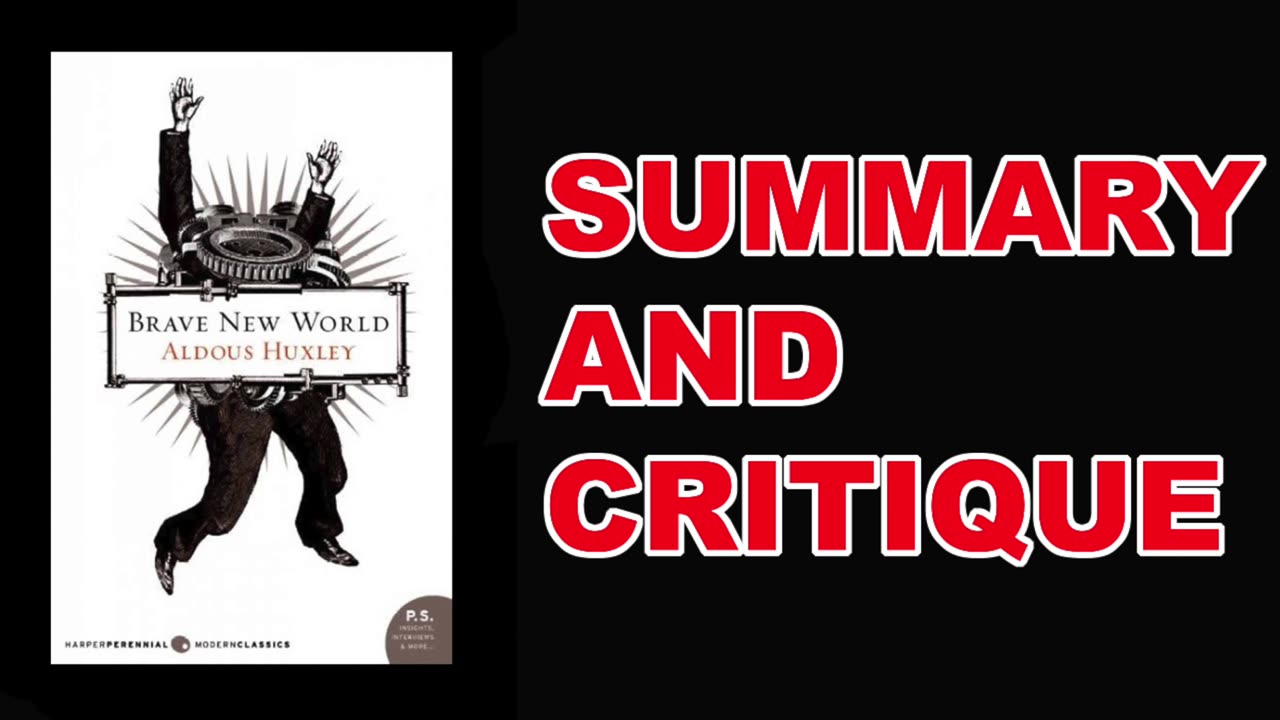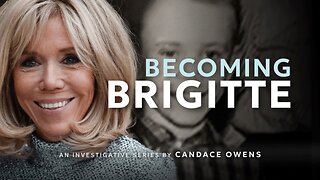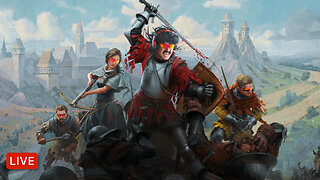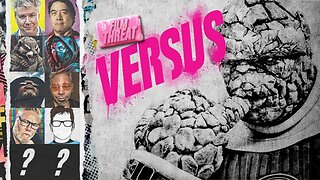Premium Only Content

Brave New World by Aldous Huxley | Summary and Critique
Buy Here: https://amzn.to/40ahVtd
"Brave New World" is a dystopian novel by Aldous Huxley, published in 1932. The novel is set in a future society where people are genetically engineered and conditioned to conform to a rigid social order. It portrays a world where human beings are reduced to mere cogs in the machine of a totalitarian state, where pleasure and instant gratification are the primary values, and where traditional values such as family, love, and individuality are suppressed.
The novel's main character, Bernard Marx, is an outsider who struggles to fit in with the conformist society. He discovers the truth behind the conditioning and brainwashing that keeps people in line and becomes disillusioned with the society in which he lives. The novel also follows the story of John the Savage, a man from the ""Savage Reservation,"" who is introduced to the brave new world and ultimately rejects it.
One of the main themes of the novel is the conflict between individual freedom and societal control. The government in the novel controls every aspect of people's lives, from their jobs to their leisure activities. Huxley portrays this society as a warning against the dangers of sacrificing individual freedom for the sake of social stability.
Another theme is the dehumanization of people in a society that values efficiency and productivity over human values. Huxley portrays a world where people are reduced to mere consumers and pleasure-seekers, with no deeper sense of purpose or meaning.
Overall, ""Brave New World"" is a powerful critique of the dangers of a society that values conformity and efficiency over individual freedom and human values. While some critics have criticized the novel for being overly pessimistic and simplistic, it remains a classic work of dystopian fiction that continues to resonate with readers today.
-
 LIVE
LIVE
Candace Show Podcast
3 hours agoBecoming Brigitte: An Inaccessible Past | Ep 2
8,421 watching -
 1:54:12
1:54:12
Right Side Broadcasting Network
5 hours agoLIVE: President Trump Signs EOs; Pete Hegseth Meets with Netanyahu - 2/5/25
32.1K37 -
 LIVE
LIVE
Dr. Drew
3 hours agoPsychics Investigate DC Black Hawk & Philadelphia Medical Plane Crashes w/ Zach Vorhies + Eddie Conner & Andrew Anderson – Calling Out w/ Susan Pinsky – Ep 166
1,134 watching -
 DVR
DVR
In The Litter Box w/ Jewels & Catturd
20 hours agoDemocrats Come Unglued | In the Litter Box w/ Jewels and Catturd Ep. 735 - 2/5/2025
17.3K16 -
 1:44:25
1:44:25
The Quartering
3 hours agoTrump Impeachment, Democrat Insurrection, Massive Scandal At Politico & DC Crash Update!
48.7K36 -
 LIVE
LIVE
Dr Disrespect
5 hours ago🔴LIVE - DR DISRESPECT - KINGDOM COME: DELIVERANCE 2 - FIRST IMPRESSION
3,407 watching -
 37:54
37:54
CryptoWendyO
3 hours ago $0.03 earnedBEST DAY IN CRYPTO HISTORY
301 -
 LIVE
LIVE
Film Threat
7 hours agoVERSUS: FANTASTIC FOUR + CAPTAIN AMERICA + QUENTIN TARANTINO'S EPIC RANT | Film Threat Versus
93 watching -
 9:06
9:06
CryptoWrld
11 hours ago $0.82 earnedHow Nonprofits Use Blockchain Tech
8.87K2 -
 16:38
16:38
SLS - Street League Skateboarding
14 days agoRayssa Leal's Most Clutch SLS Wins Ever! 🥶🏆
73.8K4